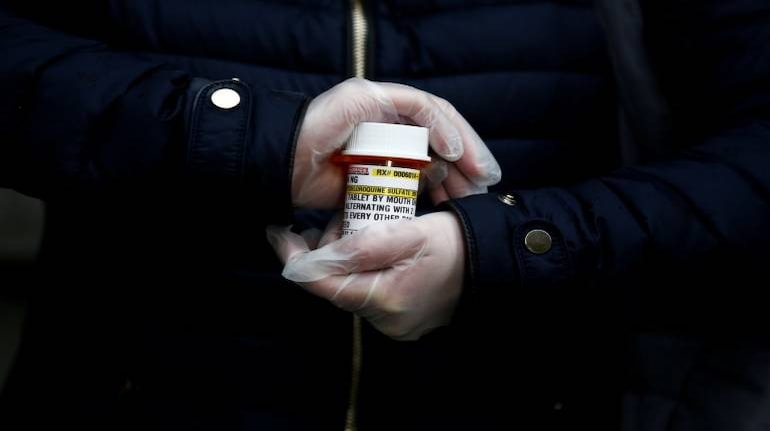



Carving the path for India’s foray into medical diplomacy, Prime Minister Narendra Modi sent out the first consignment of drug hydroxychloroquine to 13 countries, including neighbouring nations and the United States. Meanwhile, External Affairs Minister S Jaishankar is keeping an eye out for the drug requirements of Gulf countries to fight the coronavirus pandemic.
It is believed that by stepping up to bail out nations facing a shortage of life-saving drugs during a global health crisis, India would be able to establish itself as a reliable international power.
For live updates on coronavirus, click hereHuge consignments of hydroxychloroquine and paracetamol have either been dispatched or will soon be sent to multiple "friendly nations" across the globe. According to the Ministry of External Affairs, the countries were selected on a first-come, first-serve basis. These include Bhutan, Bangladesh, Nepal, Sri Lanka, Afghanistan, Myanmar, Maldives, Israel, Seychelles, Brazil, the United States, Spain, Bahrain, Germany, Canada Mauritius, the Dominican Republic and the United Kingdom.
Coronavirus pandemic | How does COVID-19 compare to other pandemics, outbreaks?While some of these shipments have gone out as “gifts” to neighbouring countries to help them tide over a crisis, the others have been sent out as commercial exports under specific agreements.
The drug HCQ has traditionally been used to treat malaria and has proven effective in relieving symptoms of auto-immune diseases like arthritis and lupus too. There are studies that claim the drug can also inhibit SARS in vitro, while several nations have reportedly found the drug helpful in treating COVID-19 patients when used in combination with other medicinal drugs.
Coronavirus pandemic | 5 women in the forefront of India's COVID-19 battleMeanwhile, Prime Minister Narendra Modi has guaranteed that there is enough stock of the medicine in the country and it is taking necessary steps to ensure there is no shortage in case there is a sudden spike in demand. As of now, the Indian Council of Medical Research (ICMR) has refused to recommend the drug to treat coronavirus patients and is waiting for conclusive proof of the drug effectively curing the deadly disease, before suggesting it to the medical community.
With agency inputsTo follow our full coverage on coronavirus, click hereDiscover the latest Business News, Sensex, and Nifty updates. Obtain Personal Finance insights, tax queries, and expert opinions on Moneycontrol or download the Moneycontrol App to stay updated!
Find the best of Al News in one place, specially curated for you every weekend.
Stay on top of the latest tech trends and biggest startup news.